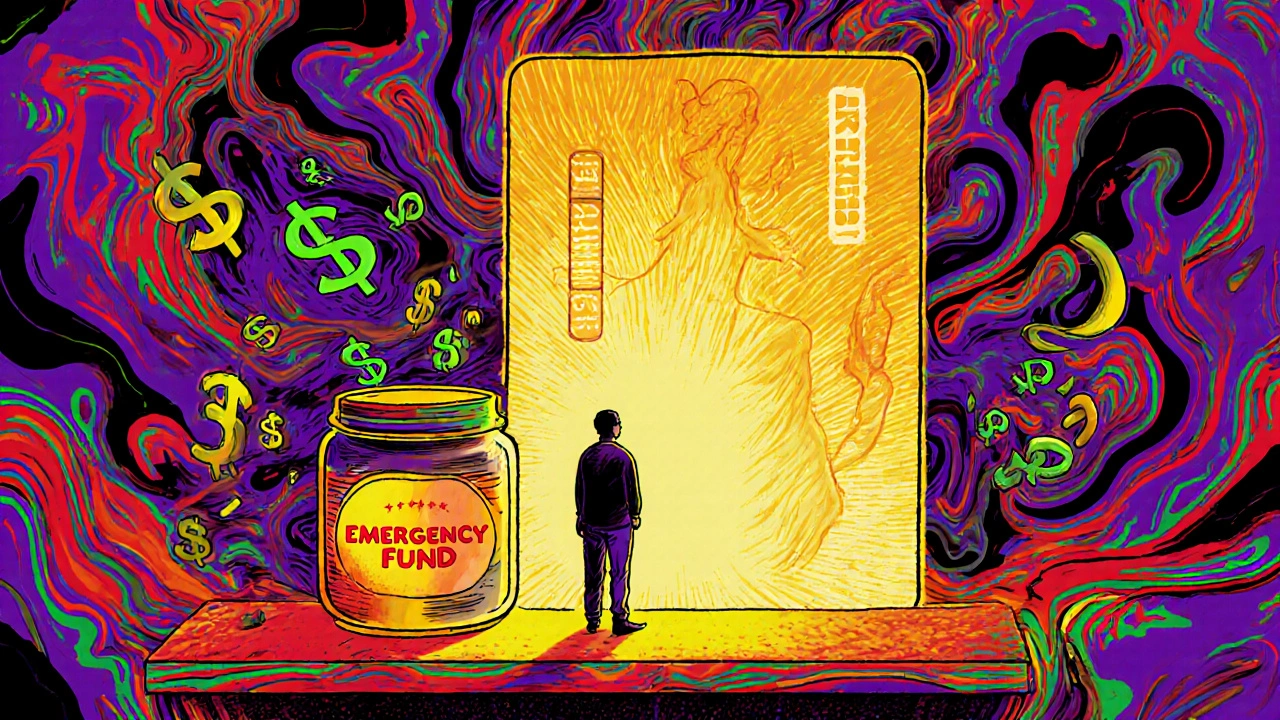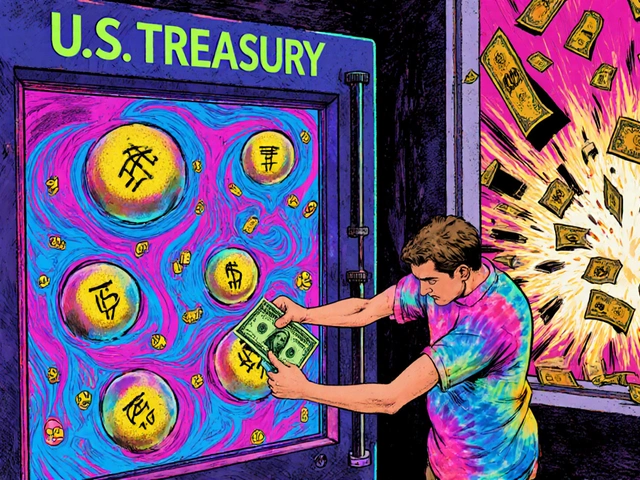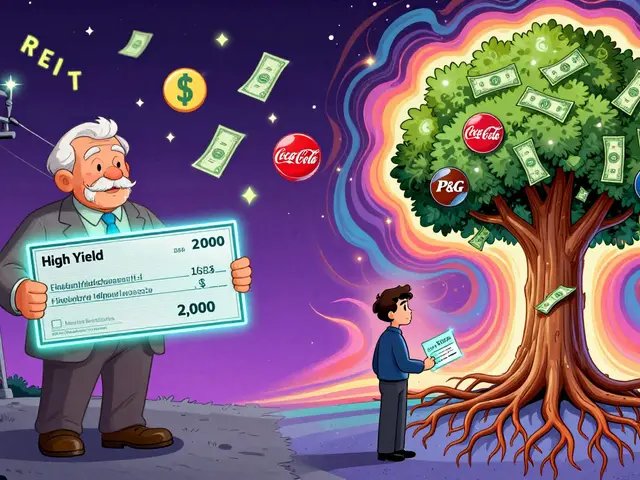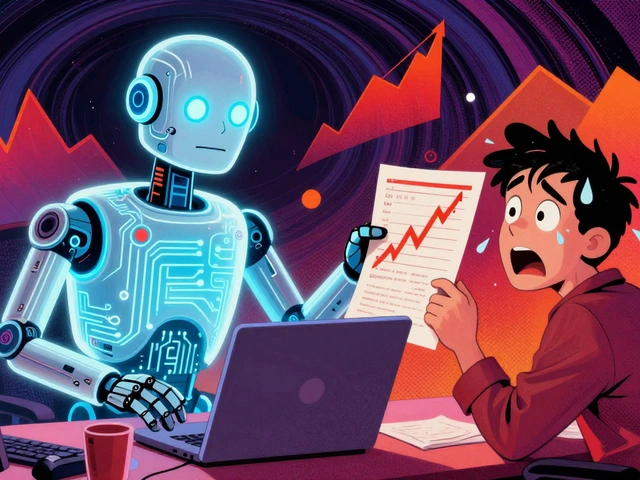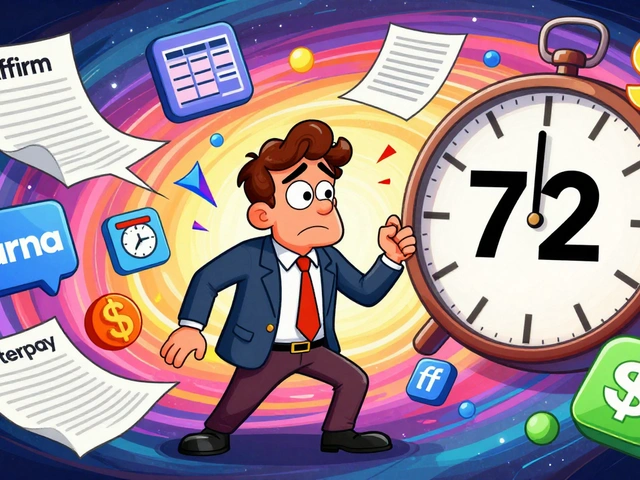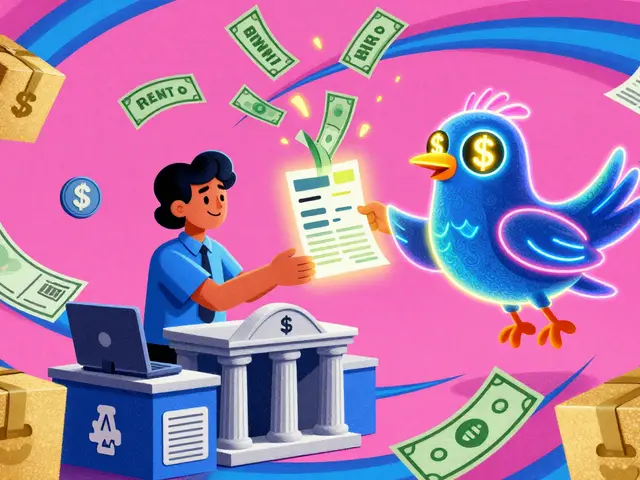Emergency Savings: Build a Financial Buffer That Actually Works
When something goes wrong—car breaks down, medical bill shows up, or you lose your job—emergency savings, a dedicated cash reserve meant to cover unexpected expenses without borrowing. Also known as emergency fund, it's the one thing that stops financial stress from turning into disaster. Most people think it’s just about saving a few thousand dollars. But it’s really about control. Without it, even small surprises force you to choose between paying rent or buying medicine, or worse, putting it on a credit card that traps you in debt.
Debt management, the process of systematically paying off obligations while avoiding new ones. Also known as paying off debt, it’s impossible to do well without a solid emergency savings buffer. Every time you dip into credit to cover a flat tire or a broken appliance, you’re undoing progress. That’s why the best debt payoff plans always start with building a $500 or $1,000 cushion first. It’s not magic—it’s just math. And once you have that, you stop treating emergencies like crises and start treating them like inconveniences.
Then there’s cash reserve, a broader term that includes emergency savings but also covers short-term liquidity for opportunity or volatility. It’s what lets you skip selling stocks in a downturn, or wait for a better rate on a mortgage, or take a low-paying job that leads somewhere better. Your emergency savings is part of this. But while a cash reserve might include money in a high-yield account, a money market fund, or even short-term Treasury bills, your emergency fund should live where you can grab it fast—no waiting, no penalties, no risk.
People talk about saving three to six months of expenses. That’s fine—if you’re employed, stable, and healthy. But if you’re freelance, self-employed, or in a volatile industry, you need more. And if you’ve got kids, aging parents, or chronic health issues, you need more still. The real goal isn’t a number on a screen—it’s not having to call someone for help when something breaks. That’s the peace of mind you’re really buying.
Look at the posts below. You’ll see how emergency savings connects to debt management, how it changes how you handle taxes when you sell assets, how it makes international investing less risky, and why even crypto investors need a cash cushion. It’s not glamorous. It doesn’t make headlines. But every single smart financial move you’ve ever made or will make starts with this one thing: having money you can touch, right now, without asking anyone for permission.
